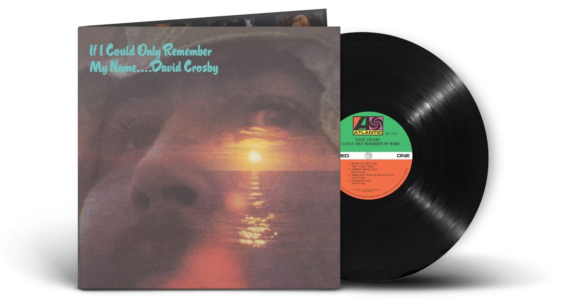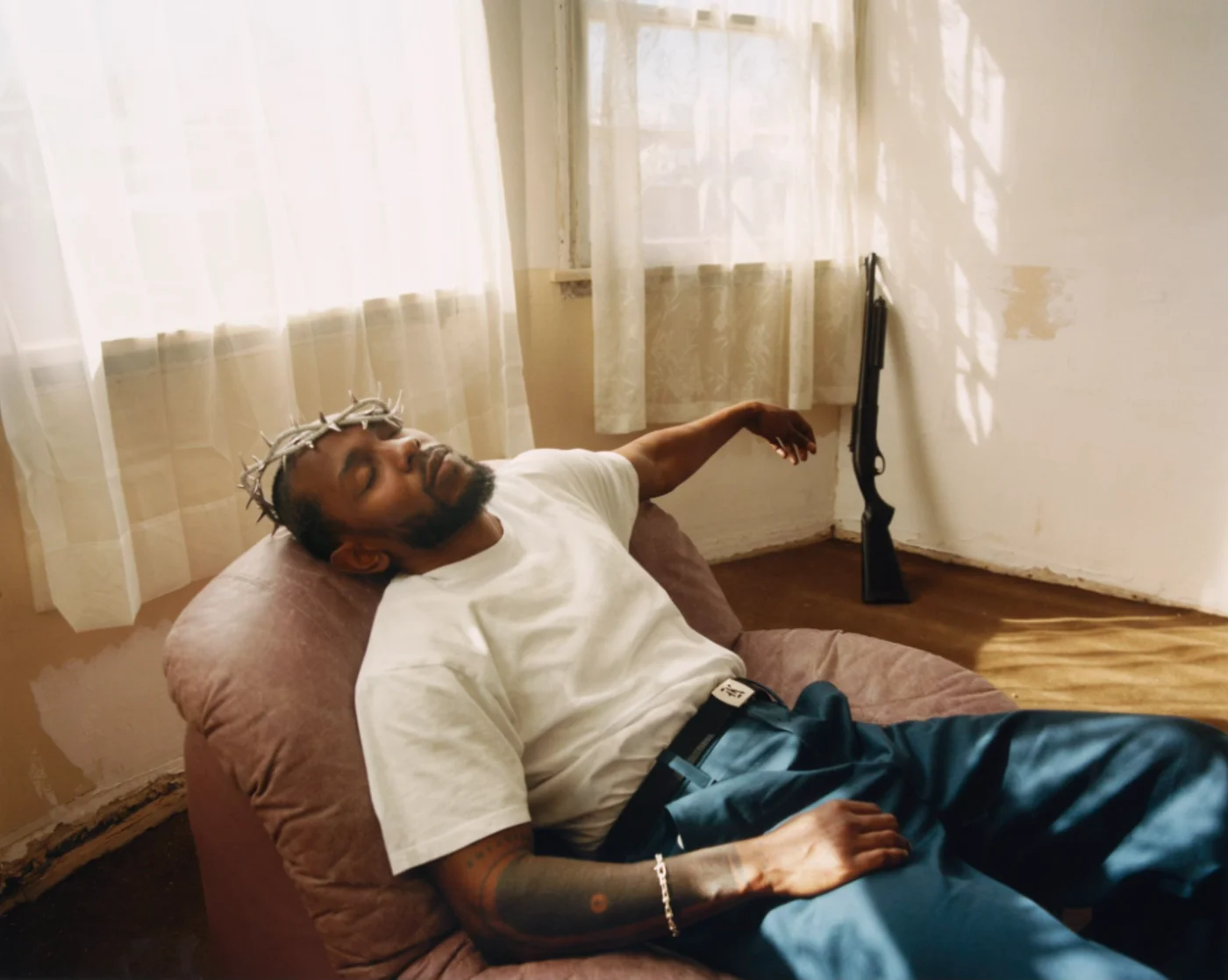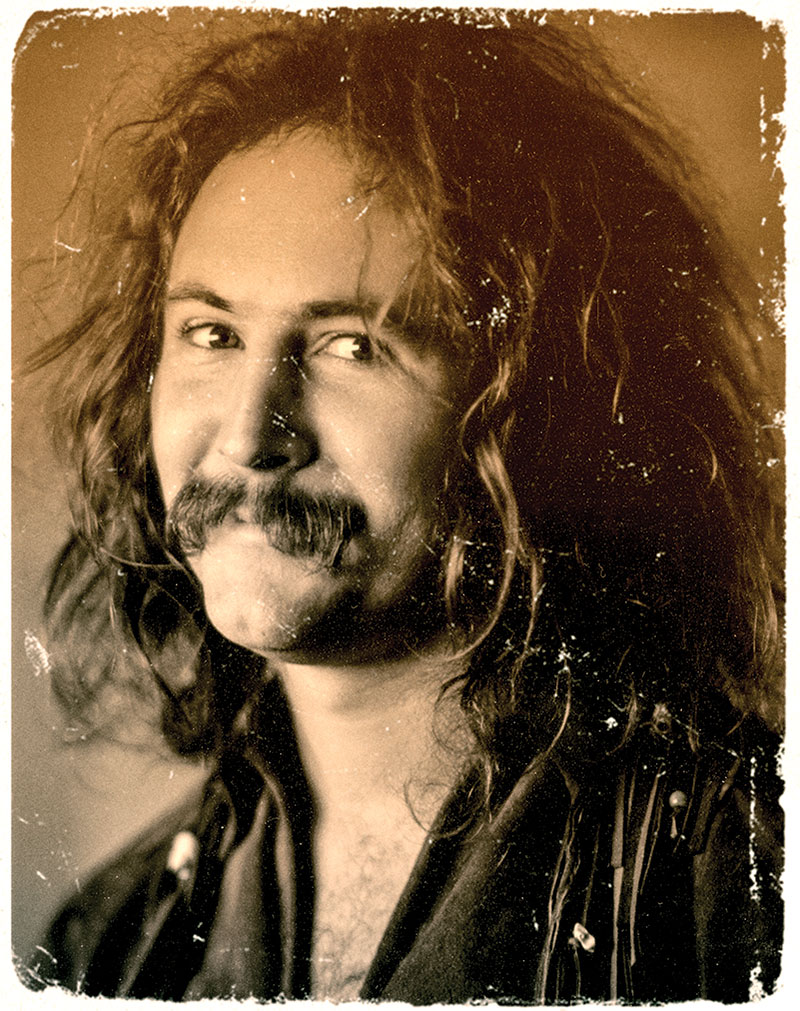In an extreme coincidence, I found out that David Crosby died while holding his haunting 1971 debut solo album “If I Could Only Remember My Name” in a record store. My reaction to the news of his untimely passing was, strangely enough, laughter. I couldn’t believe it. David Crosby was a 1960s and 70s folk/rock singer whose specific brand of honest and often angry songwriting earned him a cult following, a spot at Woodstock with his bandmates Graham Nash, Stephen Stills, and Neil Young, and more than a few enemies — including those aforementioned collaborators.
Crosby’s my-way-or-the-highway persona may have helped him earn his stripes during the rebellious, free-spirited 1960s, but it landed him in hot water more than once in recent years. He was particularly active on Twitter, of course, where he would throw jabs at Phoebe Bridgers for smashing a guitar during her SNL performance, insult fan artwork, and generally be a grumpy yet occasionally poignant old man.
This was the Crosby that occupied my mind when I heard of his passing. Not the legendary musician responsible for some of my favorite albums, but the curmudgeon from another century who often spoke his mind to a fault. More often than not, seeing his name trending on Twitter was a bad omen, as it either meant he had said something controversial or another story had come out about just how horrible he was to Nash, Stills, or Young, and why none of them would talk to him anymore. The news of his death should have saddened me, and it did eventually, but the initial feeling was a mix of disbelief and amusement. David Crosby died? The old man from Twitter who wore little red hats and prided himself on being an asshole? It felt like another one of the old man’s jokes. Had I really become so jaded? Why had I not simply felt saddened by the loss of one of my favorite musicians?

David Crosby (1971)
I texted my mother, who I knew was a big Crosby, Stills, Nash, and Young fan, and had kept up on all his current online antics. Her response: “Wow. Wonder what the response will be from all the friends he alienated.” My incredibly polite and good-hearted mother could not conjure up a single word of grief or something honoring his legacy. Her mind had also immediately jumped to his complicated and troubled personal life.
Later, I texted a good friend who almost spent nearly $600 to see Crosby in concert and meet him after the show, expecting him to be heartbroken. He sent me back a voice memo of him expressing his sorrow at the news, but ended by saying “that fucker certainly lived longer than he was entitled to.” That fucker certainly lived longer than he was entitled to? Wonder what the response will be from all the friends he alienated? What was wrong with us? Why were none of us able to focus on his legacy as an artist?
This is David Crosby’s legacy as an artist — on top of being a talented musician, he was a very controversial man. He exemplifies a struggle our generation has to face more and more often. Kanye West is an obvious example of this paradox, a musician once universally heralded for his talents who involved himself in scandal after scandal and has effectively flushed his legacy down the drain. The recent release of Baz Luhrmann’s Elvis has reignited the debate over the rock-and-roll musician’s place in American pop culture history. Should Elvis be remembered as an iconic musical pioneer or a man who stood on the backs of Black musicians and essentially stole their work to make himself famous? Will Kanye West be remembered as a rap icon who innovated the genre or a dangerous anti-semite? Michael Jackson is one of the best selling artists of all time and has been a radio staple for six decades, but he’s also accused of truly horrific sex crimes, a fact that many are finding harder and harder to ignore.
How do we reconcile the two worlds that these figures seem to live in? What do these artists deserve to be remembered for? Is it fair to diminish their artistic achievements because of their personal faults? Should it be possible for us to overlook their often horrific actions to appreciate the work they created? Can bad people create good art, or is their work tarnished by the messy, problematic lives they lead?
“Mr Morale & The Big Steppers,” Kendrick Lamar’s 2022 double album which recently won both Album of the Year and Rap Album of the Year at the 2023 Grammys, showcases what happens when an artist acknowledges and explores their growth and past regressions. The album is incredibly personal, dealing with Lamar’s anxiety, status as a “savior,” and experiences with therapy, but perhaps nothing on the album is quite as personal and thought-provoking as “Aunties Diaries”, which appears towards the end of the album.

Kendrick Lamar
“Auntie Diaries” finds the Pulitzer-prize winning Lamar reflecting on his Aunt’s transition to a man when he was a child and his lack of understanding and empathy towards his situation. Lamar delves deeper into his newfound understanding, acknowledging how his past use of the f-slur, both in music and in his normal life, was homophobic and rooted in this fundamental lack of understanding of somebody else’s life experience. Lamar relates this epiphany to a conversation he had with a fan once who pointed out the contradiction of Lamar getting mad at a white woman for using the n-word as they rapped together on stage during a concert in 2018 to him using the f-slur as a straight, cisgender man.
It’s clear that this album was born out of Lamar reflecting on his legacy as an artist. He seems keenly aware of the duality of his position in popular culture. How can he be lauded a “savior” and a “poet” with bigotry and homophobia in his past? “Auntie Diaries,” as well as “Mr. Morale & The Big Steppers” as a whole seem to be him trying to show his growth and maturity as an artist while acknowledging that he is still human and prone to mistakes. Of course, his use of the f-slur in a song about him acknowledging that his past use of the f-slur is misguided and hurtful, to say the least, but the song as a whole does show real growth from the immensely popular and critically-acclaimed artist.
So, what does this all mean? I don’t know. I have neither the knowledge nor the life experience to answer these questions. I do know that the only way forward is to explore your own feelings towards the art you consume and opinions about those who made it. Just because somebody wrote the most beautiful song you’ve ever heard does not mean they are not capable of committing offensive or even hurtful actions. Be mindful of who and what you give your attention and money to, and encourage your favorite artists to acknowledge their past transgressions and hopefully do the work to right those wrongs. Perhaps if David Crosby, whose greatest crimes as far as I can tell seem to be copious amounts of drug use and being an asshole, had done more in his later years to mend his relationships with his bandmates and with the public as whole, his legacy would be that of his music, not his personal life.
